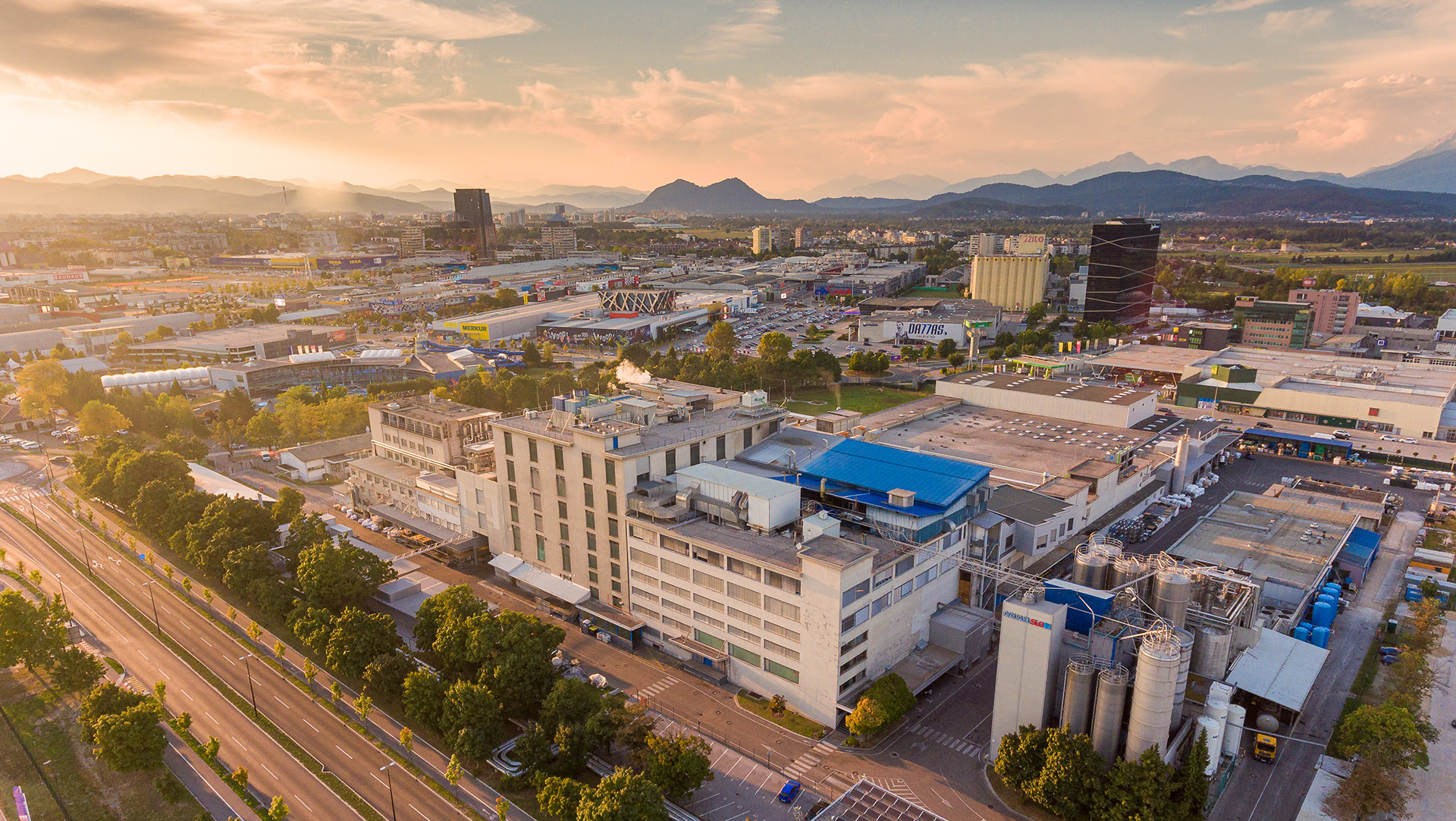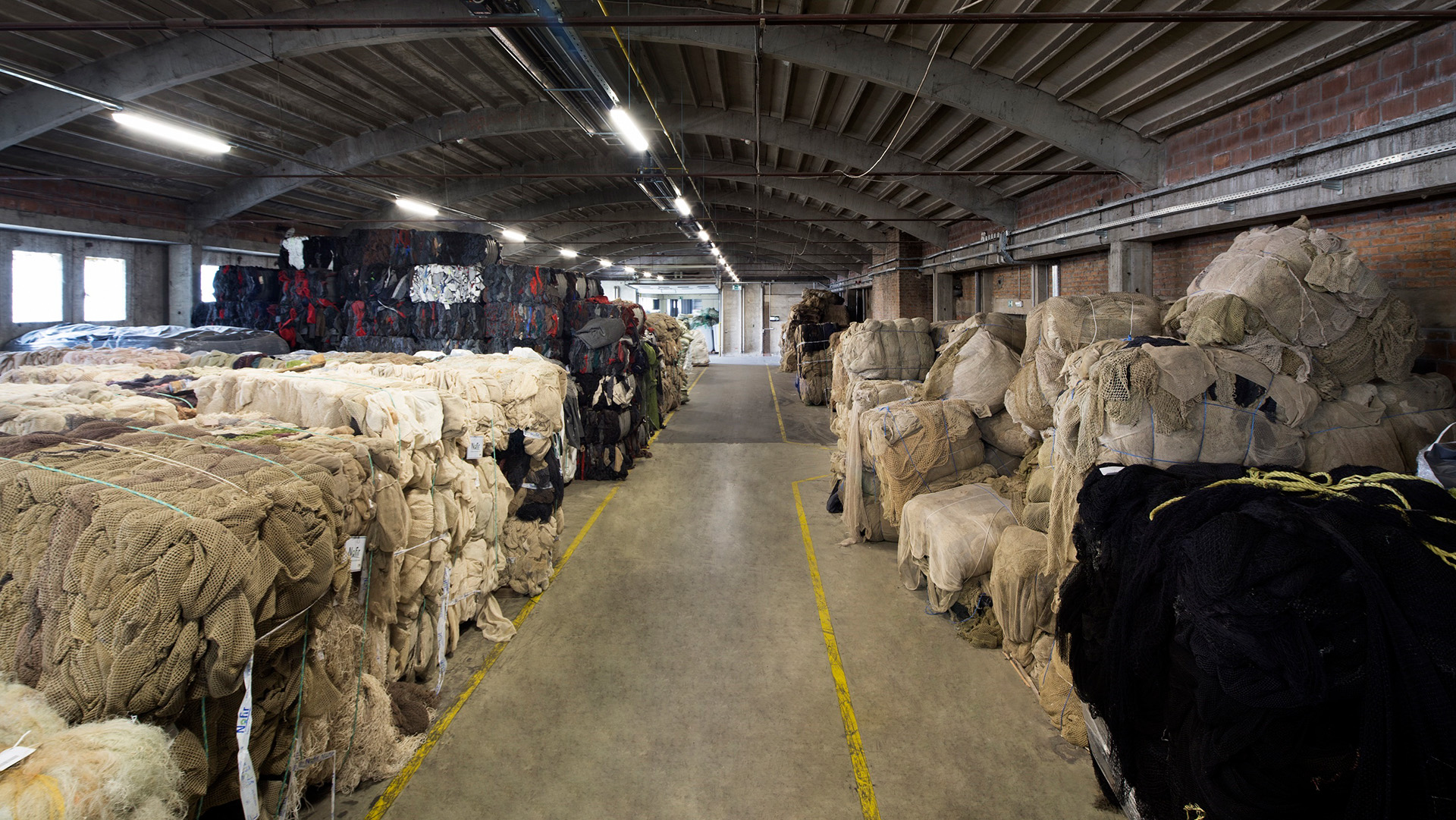
Why Slovenia’s green credentials and pro-enterprise ecosystem are attracting forward-thinking businesses
Slovenia is a nation that has sustainability at its heart. Known as a country focused on using green initiatives in business and culture, its emerald rivers, scenic landscapes, and well-preserved heritage sites set the scene for an eco-friendly future.
But the country’s verdant landscape is more than a backdrop to its environmental determination; it plays a fundamental role in its drive to create an economy sustained by green technology, corporate social responsibility, and a culture of transparency.
The nation’s many government-backed initiatives are a testament to that. Take Slovenia’s 2021 Sustainability Bond, a €1 billion ($1bn) fund for government investments that contribute to environmental and social goals such as low carbon transport, research and innovation, green buildings, and energy efficiency.
With a devotion to tackling sustainability issues, both systematically and strategically, Slovenia’s efforts have led to high rankings in global environmental charts, such as Yale’s Environmental Performance Index, where it ranks seventh for environmental performance out of 180 countries. This, alongside its global standing in restrictiveness when it comes to foreign direct investment (FDI) and investor access – ranking third lowest in the world out of OECD nations – has made the country a very desirable place to do business.
Further to this, European Investment Bank worked with Slovenia’s national bank, SID Banka, to unlock a total of €100 million ($100m) investment for the financing of green projects across the country’s local municipalities, including infrastructure, energy efficiency, and the environment.

Slovenia: where businesses invest in a green future
One company making the most of Slovenia’s eco credentials to create a greener future is Aquafil – a multinational business that produces a ground-breaking nylon alternative that is derived from waste products, called ECONYL®.
With a focus on the circular fashion economy and renewable materials, 30 years ago, Aquafil acquired a nylon producing company with long tradition in Ljubljana, which became its Slovenian outpost, AquafilSLO. Using the country’s green credentials to kickstart its ECONYL® regeneration system, the company recovers and recycles various types of waste such as fishing nets, rugs, carpets, and other waste materials, and turn it into a fiber ready for a practically infinite range of new uses.

Denis Jahić, Managing Director at AquafilSLO, said its green credentials and skilled workforce was what made Slovenia an obvious choice for the company’s operations.
“[Slovenia was] the most developed among the Central and East European countries, cultured, with educated people who spoke English very well,” he said.
“This was one of the main factors why Aquafil chose AquafilSLO, as a test company for breaking into foreign markets and spent a lot of time and energy to acquire the facility.”
He adds that the alliance started back in 1995 with one of the new owner’s first decisions being to contact a selection of Slovenian universities, hoping to scout a number of young scientists and newly graduated professionals.
“This was to start forming a new management generation that introduced a new organizational culture,” explained Jahić.
“The level of education in Slovenia has been very good since and as of today, AquafilSLO still has a very good relationship with universities.”

Aqualfil’s business decisions have proven beyond worthwhile. Today, some of the world’s biggest fashion and apparel brands use the material in their sustainable production cycles, including Adidas, Burberry, Gucci, and Prada, the latter of which recently incorporated the material into their Re-Nylon range.
Best of all, the production of ECONYL® raw material has been shown to be up to 90% less impactful in greenhouse gas emissions than production from crude oil. An accolade achieved, no doubt, because of the decision to set up shop in a country that’s not only strategically located but prides itself on sustainable business practices.
Thanks to Slovenia’s commercial ecosystem, Aquafil has been able to grow into an international success, with A-list clients from around the world. Building on the support that helped the company get to this point, Aquafil intends to expand its operations, rolling out its regeneration system in Slovenia.
A pro-business landscape, ample homegrown talent, and a unique understanding and commitment to a greener future continues to set Slovenia up for future growth.

